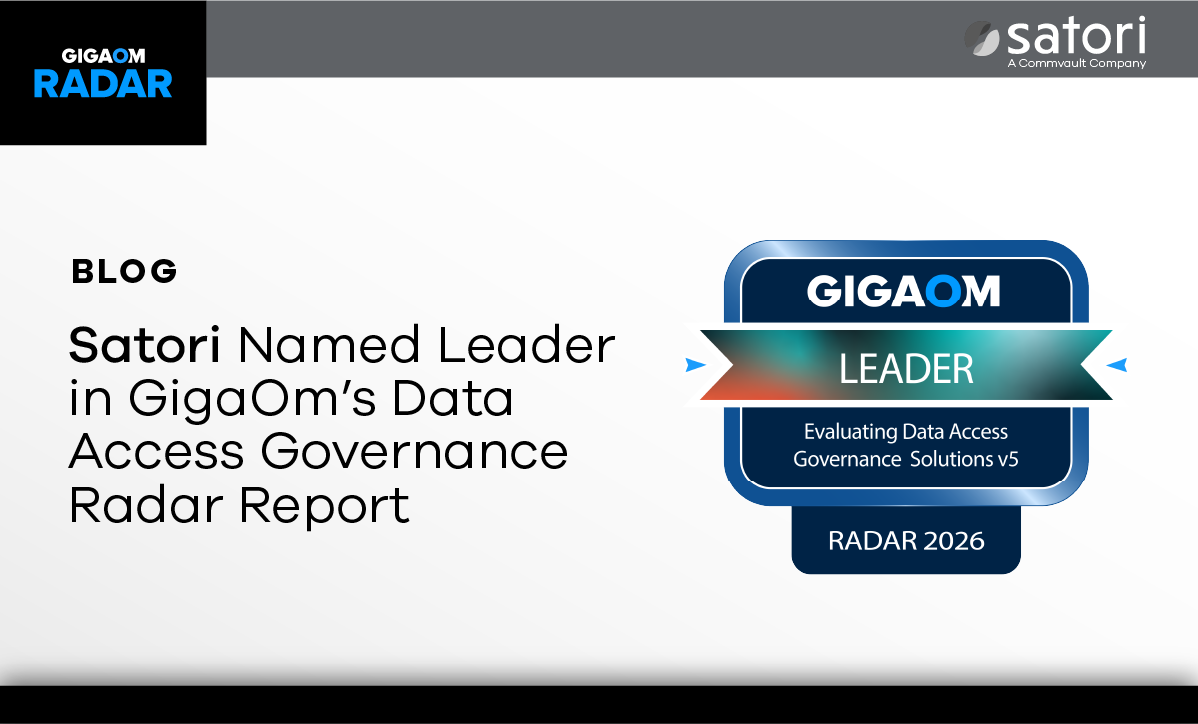Businesses require robust and efficient data protection solutions in the face of all the challenges in today’s digital landscape. At Commvault, we understand the critical need for swift and reliable backups that minimize the time needed to create recovery points and optimize data transfer. That’s why we are thrilled to announce the implementation of Change Block Tracking (CBT) for Oracle Cloud Infrastructure (OCI) Instance backups.
What is Change Block Tracking?
Change Block Tracking is a powerful technology that significantly enhances the efficiency of backup processes. Traditionally, backups can be time-consuming and storage-intensive, as they involve processing and copying all data, regardless of whether it has changed. CBT revolutionizes this process by only processing the changed blocks since the last backup and backing up only those data blocks. This not only reduces the amount of data that needs to be transferred but also speeds up the entire backup process.
Key Benefits of CBT for OCI Instance Backups:
- Faster Backups: With CBT, only modified data blocks are captured, reducing backup times significantly. This means less disruption to your business operations and more frequent backup cycles.
- Enhanced Data Protection: CBT enables more frequent and reliable backups, ensuring that your critical data is always protected. In the event of data loss or corruption, you can restore the latest version with minimal data loss.
A Collaborative Effort:
This achievement would not have been possible without the dedication and hard work of our valued partner, Oracle. Their expertise and collaboration have been instrumental in development and integration of Change Block Tracking within OCI. We are grateful for their commitment to delivering world-class technology solutions.
How to Get Started:
Implementing CBT for your OCI Instance backups is simple and straightforward. As of the fall release of CBT, Commvault customers will use CBT backups automatically when protecting their OCI Instances. There is no configuration required within the OCI portal or Commvault Command Center. All incremental backup operations will leverage CBT automatically.
Details:
To show a concrete example of the time savings that can be realized from OCI Instance Change Block Tracking, let’s look at the details of backups jobs with and without Change Block Tracking enabled. The VM noted below was backed up using Commvault software with deduplication enabled to object storage within OCI. The VM was a simple Linux server with a single 50GB volume.
The initial full and incremental cycle was executed without Change Block Tracking. The second full and incremental cycle used Change Block Tracking. The amount of change introduced between full and incremental was similar between the two backup runs.
| VM Backup without CBT | ||
| Full | 9.8 GB | 1 hr 5 min |
| Incremental | 4.2 GB | 1 hr 2 min |
| VM Backup with CBT | ||
| Full | 9.8 GB | 1 hr 7 min |
| Incremental | 3.3 GB | 22 min |
Without CBT, the full and incremental backups process the entire VM. This causes each backup operation to take a similar amount of time. The full moves all the data, and the incremental compares blocks with what is in storage and only moves changed data.
With CBT, only the changed data is processed and sent to backup storage. This results in reduced incremental processing time.
CBT Has a Positive Impact on Your Backup Strategy
At Commvault, we are committed to providing cutting-edge solutions that empower businesses to thrive in a digital world. The introduction of Change Block Tracking for OCI Instance backups is a testament to our dedication to innovation and excellence. We are excited to see the positive impact this technology will have on your backup strategy and overall data protection.
Stay tuned for more updates and enhancements as we continue to innovate and elevate your cloud experience. And if you want to know more OCI Change Block Tracking, please reach out to your Commvault account team.


